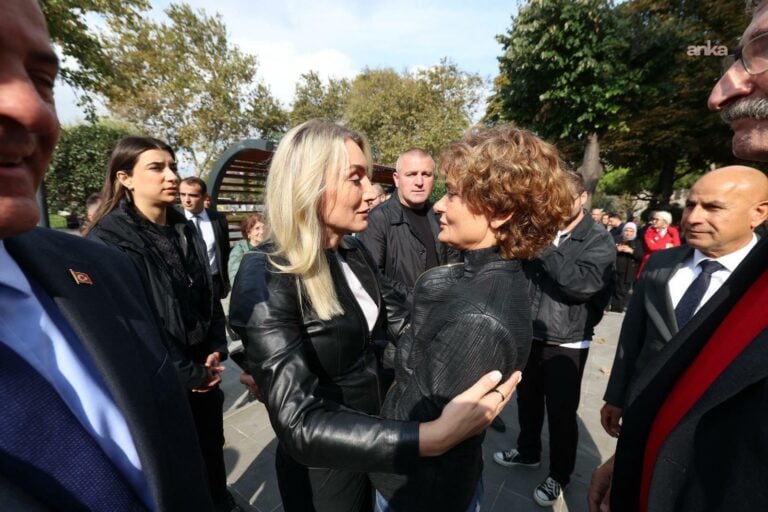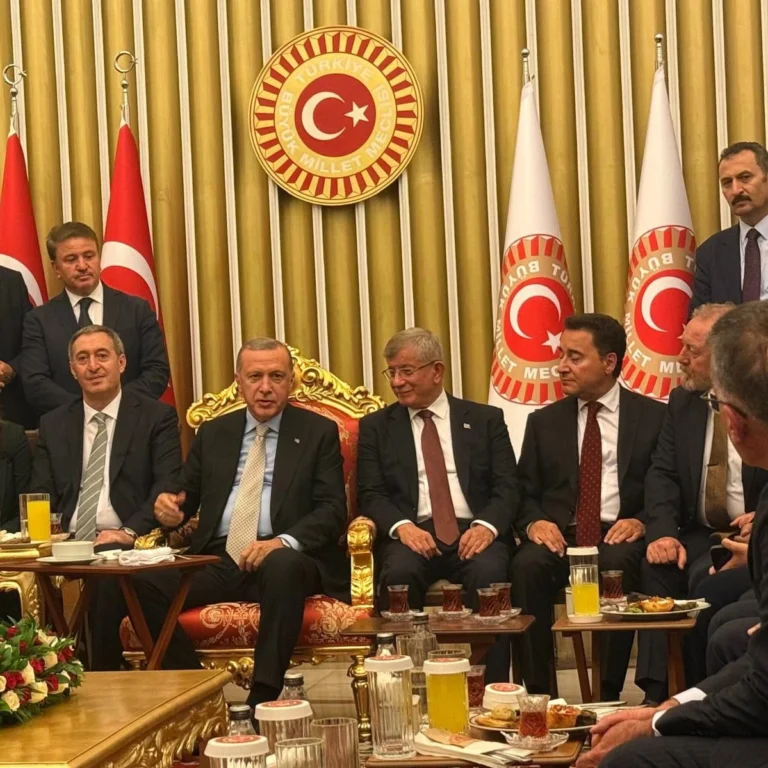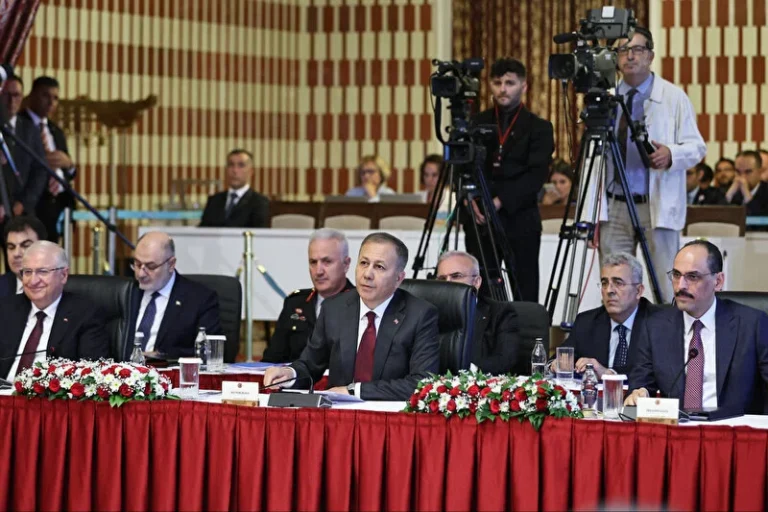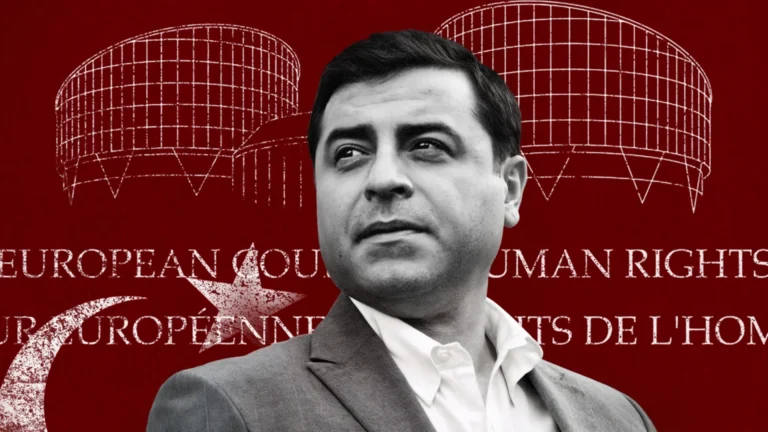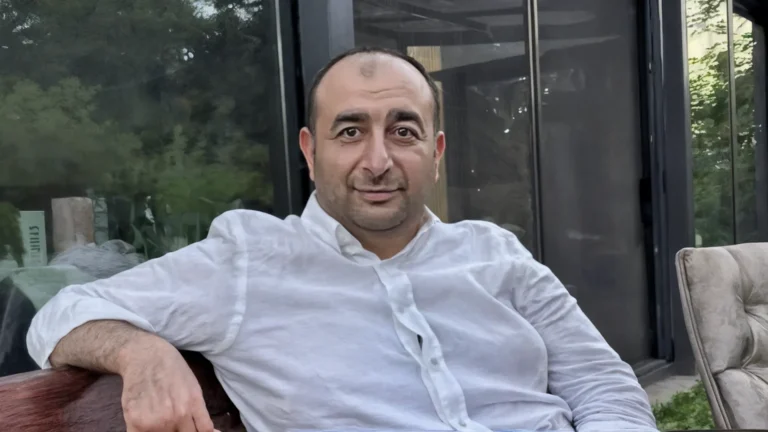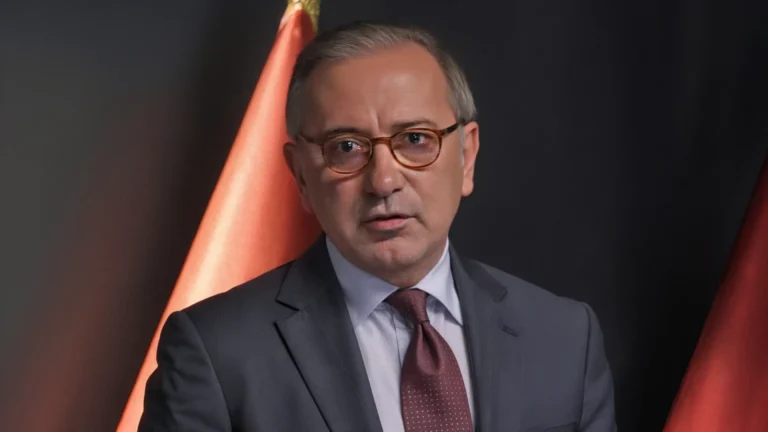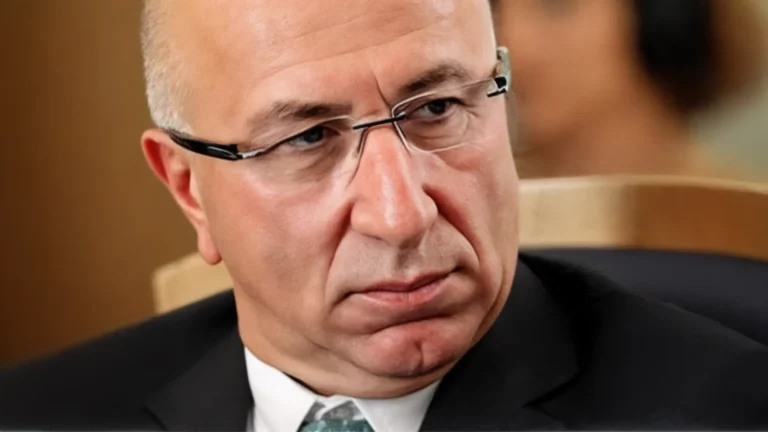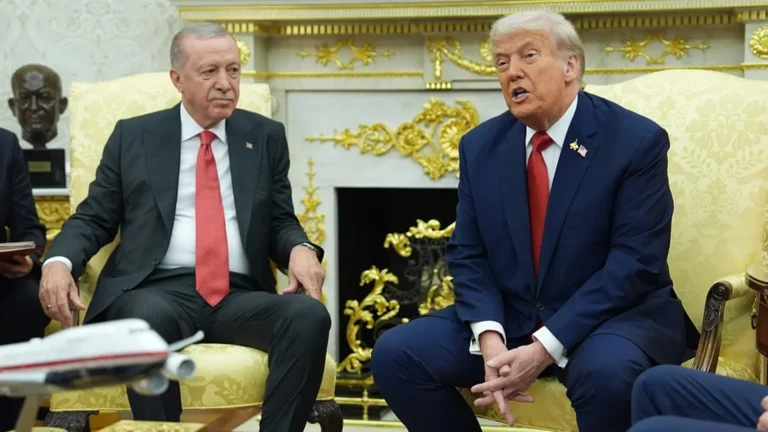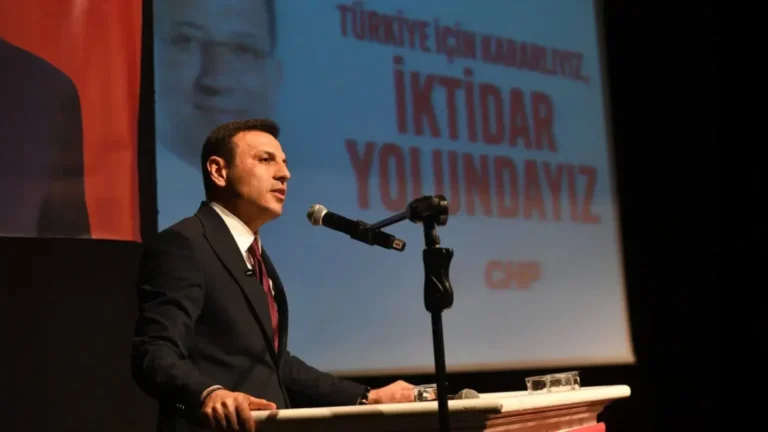Turkey’s highly anticipated presidential election will proceed into a second-round run-off on May 28, as no candidate has succeeded in winning 50% of the vote.
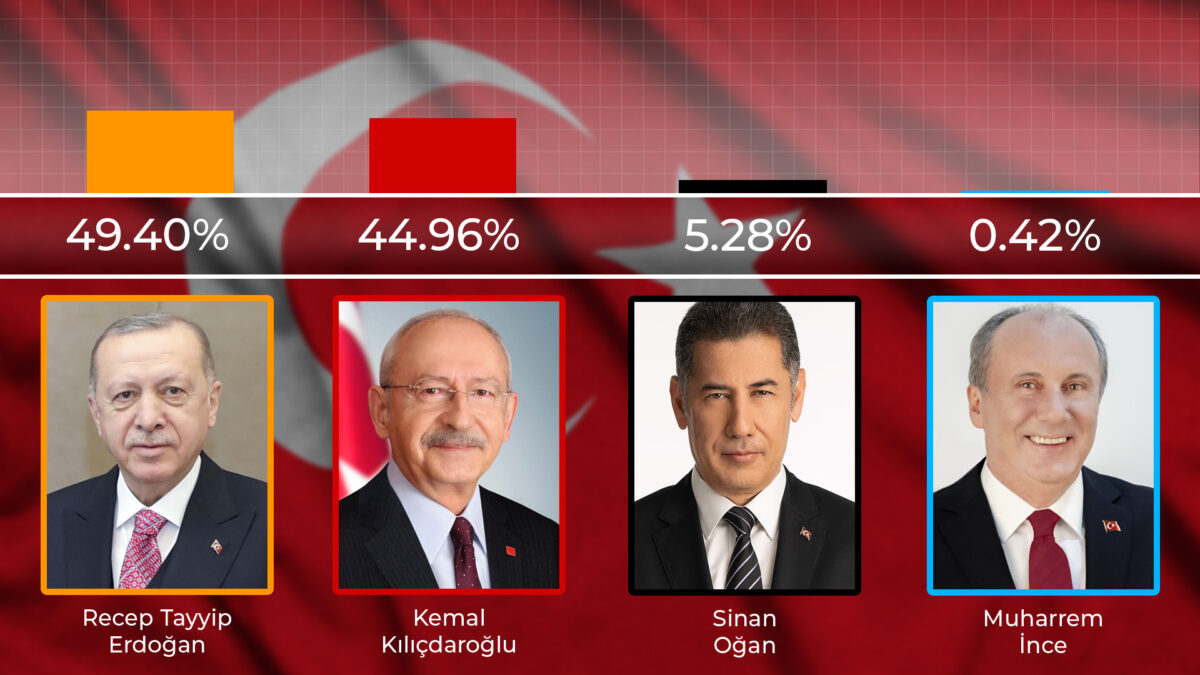
While the official numbers are still being tabulated, as of 9:00 this morning, Incumbent President Recep Tayyip Erdoğan of the Justice and Development Party (AKP) won 49.40% of the vote in today’s race, facing main opposition candidate Kemal Kılıçdaroğlu of the Republican People’s Party (CHP) who won 44.96%. Erdoğan has served as the country’s leader in various capacities since being elected Prime Minister in 2003. The contest had been billed as the toughest test yet to Erdoğan’s long tenure, in which the president faced a the broad electoral alliance known as ‘Table of Six’ or ‘People’s Alliance’ assembled by the opposition leader and presidential candidate Kemal Kılıçdaroğlu in the months leading up to the election. Containing an eclectic mix of nationalist and Islamist parties, as well as Kılıçdaroğlu’s own center-left secularist CHP, the opposition alliance also received the tacit endorsement of the pro-Kurdish People’s Democratic Party (HDP), who elected not to run their own presidential candidate and instead support Kılıçdaroğlu.

As is typical with Turkish elections, election night was once again fraught with allegations of voting irregularities by the opposition. The night began with the government owned Anadolu Agency reporting President Erdoğan at 60% of the vote, while privately owned Anka Agency started at a much more conservative 45%. The opposition alleged that Anadolu Agency was distorting the election results and that no reliable data was being disseminated. Eventually however, President Erdoğan fell below the 50% threshold, triggering a second round of elections where Erdoğan and Kılıçdaroğlu alone will face off. Although there is no solid proof for voting irregularities or election meddling at this point, what is for certain is that the nation’s High Election Council was unusually slow to release official numbers; official results still being tabulated as of 2PM following day.
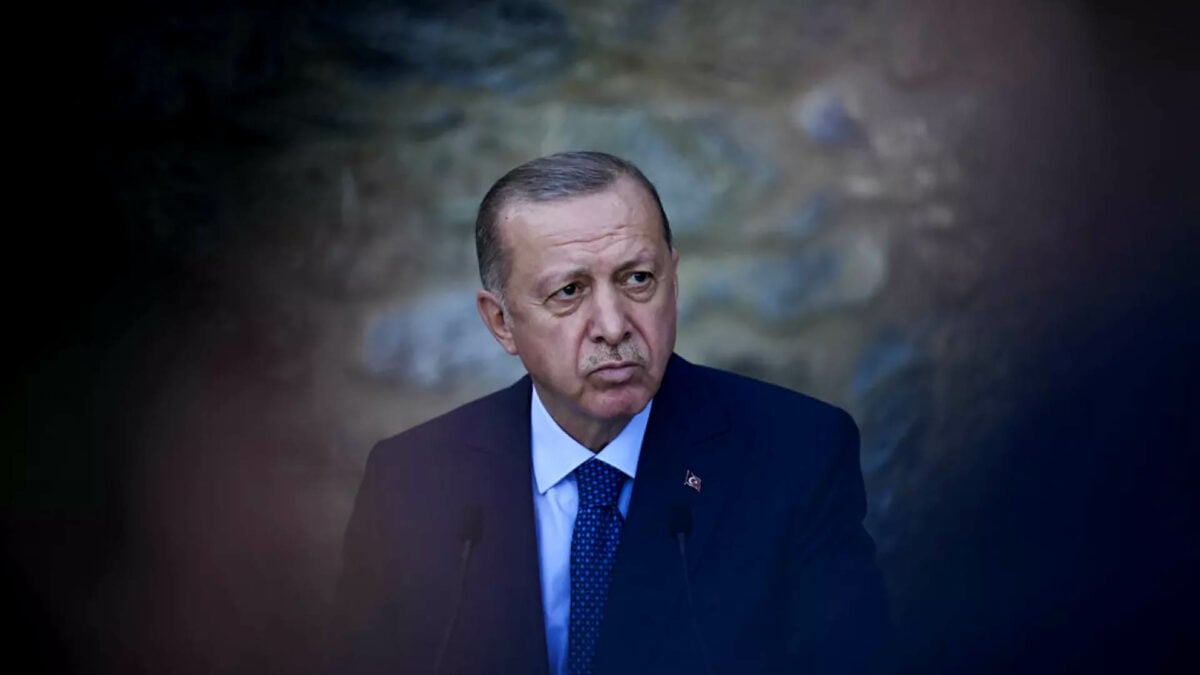
The rule of Erdoğan ranks as the longest and among the most consequential in republican Turkish history. Erdoğan began his political career as Mayor of Istanbul from 1994-1998. His tenure as mayor came to an end when Erdoğan was sentenced to 10 months in prison for reciting a poem deemed Islamist, an event that made him a hero for many political Islamists and inspired the foundation of the AKP in 2001. The early years of Erdoğan’s premiership saw accession negotiations with the European Union for membership in the bloc. Politically moderate earlier in his tenure, Erdoğan’s rule would be progressively criticized for its increasing authoritarianism, climaxing in the Gezi Park protests of spring 2013. The failed coup d’etat attempt of July 2016 marked a further consolidation of Erdoğan’s power, the aftermath of which saw massive purges in the country’s military, academia, and judiciary. In 2017, Erdoğan won a controversial and tightly contested referendum that shifted Turkey to a presidential system, further tightening the AKP leader’s grip on power. Municipal elections in 2019 saw the AKP lose control of the major municipalities of Istanbul and Ankara, marking Erdoğan’s most significant political set-back since coming to power in 2003. Turkey’s devastating earthquake on February 6, combined with the country’s deep economic problems and rampant inflation, had been expected to pose electoral challenges for Erdoğan, as the strongman faced a united opposition for the first time in his career.
Medyascope'u destekle. Medyascope'a abone ol.
Medyascope’u senin desteğin ayakta tutuyor. Hiçbir patronun, siyasi çıkarın güdümünde değiliz; hangi haberi yapacağımıza biz karar veriyoruz. Tıklanma uğruna değil, kamu yararına çalışıyoruz. Bağımsız gazeteciliğin sürmesi, sitenin açık kalması ve herkesin doğru bilgiye erişebilmesi senin desteğinle mümkün.






